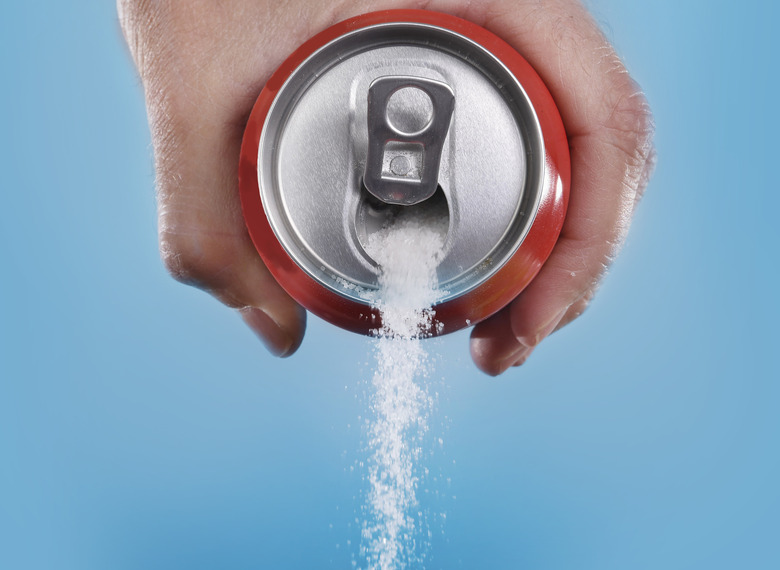Soda Tax Cut Sugary Drink Consumption In Philadelphia, Study Finds
The soda tax Philadelphia implemented in January 2017 has likely led to a major reduction in the city's consumption of soda, according to a study published April 12 in the American Journal of Preventive Medicine.
Researchers conducted around 1,800 phone surveys to gather the data, with half the respondents in Philadelphia and the other half in three nearby comparison cities. They found a similar drop — 38 percent — in overall frequency of soda consumption over a 30-day period.
"It was not surprising that respondents from [the non-Philly cities] did not change their diet patterns significantly," Dr. Amy Auchincloss, associate professor of epidemiology at Drexel and co-author of the study, wrote. "But we did not expect to see such significant changes occur so rapidly in Philadelphia."
The survey also showed a more than 64 percent decrease in daily energy drink consumption, but little to no change for fruit and diet soda drinkers, though these beverages are also affected by Philadelphia's soda tax. Auchincloss believes that the decline in soda drinking will continue and points to Mexico's beverage tax as an example. The country saw a consistent drop in soda consumption after the tax went into place.
Her conclusion is supported by a 2017 study published in PLOS Medicine, which found that in Berkeley, California, the first U.S. city to pass a tax on sugar-sweetened beverages, soda sales fell 10 percent and sales on water increased by around 16 percent only one year after implementing the tax. Other Bay Area cities such as San Francisco and Oakland have implemented soda taxes, as have various cities around the U.S., including Boulder, Portland, Oregon, and Seattle. Cook County in Illinois implemented and then repealed a soda tax after much outrage from retailers.
Looking for your own reason to quit drinking sugary beverages (and not just a tax)? These are the worst side effects of drinking too much soda.
